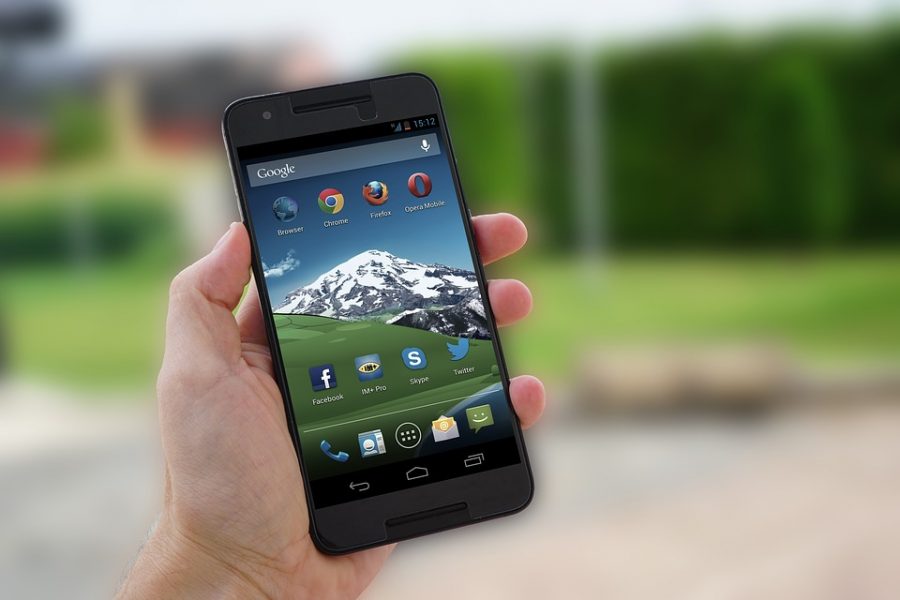Phone Policy
August 23, 2019
We’ve all been in class when someone’s phone goes off. Everyone looks at the culprit, laughs, and then looks to the teacher for their reaction. If it’s your phone, you feel the embarrassment of your whole class looking at you, then await your fate. You wonder if you will have the bad luck to be in a class with a teacher who takes away your phone, or if the teacher will simply make a clever comment, wait for the class’s laughter to stop, and tell you to turn it off.
As painful as this scenario is, prohibiting phones in class is a necessary evil. If phones were allowed in classes, society would collapse into an all-out Lord of the Flies situation. Learning would be stunted and teachers would resign in disgust. Connors Sheehan (‘20) agrees: “The phone policy makes sense in the classroom, but when in free periods, students should have the freedom to go on their phone.”
The phone ban makes less sense outside the context of the classroom. If you are really unfortunate, you will be caught on your phone in the Commons. The targeting of phone users adds more tension to the already strained
relationships between faculty and students.
But, students who don’t want to talk to their classmates won’t, regardless of school policy. Finn Ross (‘21) explained this sentiment when I asked him about his thoughts on the subject, “With the phone policy, I sit and work
in the MakerSpace. Without the phone policy, I’m going to be doing the same thing. If people want to be alone, they will find a way to be alone. If you want to “solve” antisocial people, which you can’t, then let them do it comfortably. Forcing them forward will send them further backwards.”
Furthermore, students who want to spend all their time with their necks craned over their phones can always go to a bathroom or any other place they know teachers don’t check, and wait for the bell to send them to their next class. In effect, the people who are punished the most in the Commons are the people who are using their phones the least.
Teens today use phones for shared entertainment, the way board and card games were used in the past. Students can be looking at the same content on their individual phones, whether it’s playing a game together, or finding videos to share with one another. The interaction is the same, only the medium has changed. It is time for Burroughs to update the phone policy accordingly.





